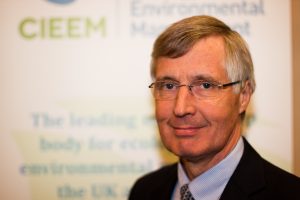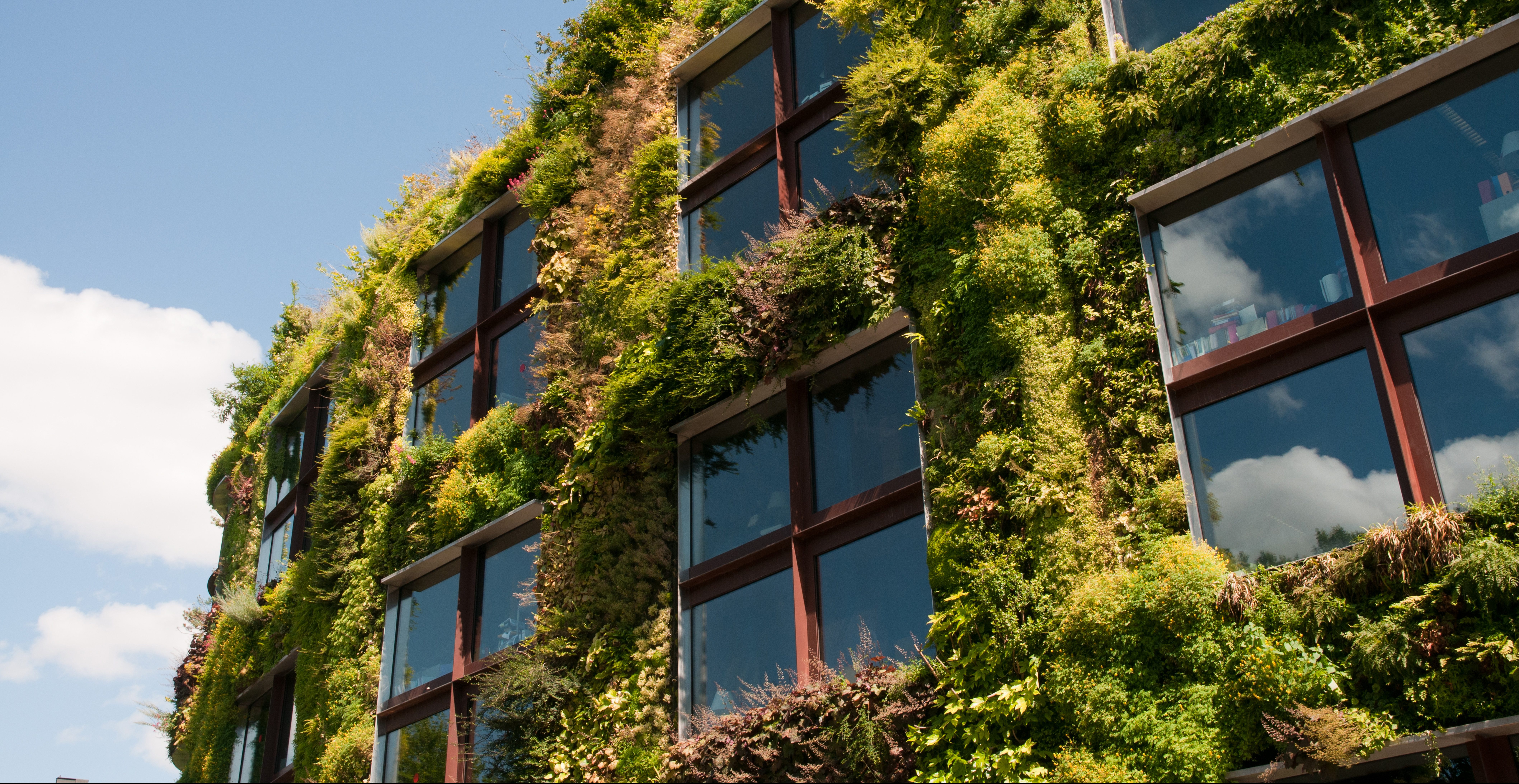Nature shows her true colours thanks to COVID-19 – By Max Wade
BLOG
Originally written for and posted by The Foundation for Science and Technology.
Every cloud has it’s silver lining, and, for me, COVID-19’s is proof positive that if you turn off your car, your aeroplane and your industry, the results environmentally are dramatic. We now have cleaner air, cleaner water, tranquillity and wildlife manifesting themselves in new ways in our cities. This is proving to be very much an “I told you so” moment (well, more of a period) and we should be taking every opportunity to document and draw attention to it. How about inviting a cross-section of organisations from the environment sector to provide examples and cases of these recent and beneficial changes to our environment? This could start with a local natural history society or urban wildlife group describing beneficial biodiversity change due to recent changes at district level and extend through experiences in National Parks and regional projects, all the way across to national bodies with their data on our air and water quality, birds and bees. The end result, available through the internet sites of collaborating groups, would be an attractive parade of ecological benefits with a strong pedigree and evidence base.
Unfortunately, you don’t need to be much of a cynic to predict the blithe rush back to full production and full throttle, but before we reach that point, what are the lessons we need to learn and work to capitalise on?
There have recently been widely recognised leaps in our behaviours, some distinctly forward. Examples include use of the internet to further reduce our need for travel, more broadly, working from home and coming to appreciate our green spaces as a vital resource. We need to document as much as possible of all of this, linking it to our economy and how all this can help us move towards achieving those key climate and biodiversity goals. Nature’s recovery must be part of the foundation of a sustainable and equitable economic recovery. And this all needs to be done now, identifying those companies and businesses who are committed to changing their modus operandi as a result of new and beneficial experiences, experiences which also have positive environmental gain embedded in their economy and culture. Waiting till the restrictions are lifted will be too late as corporate Britain will be distracted by the imperative of getting the economy back on the rails. Today they’re planning for the green light, so let’s make sure it is truly green.
The COVID-19 experience has highlighted that even when we try to do our best in dealing with a global crisis, the results can be at best disappointing. Achieving a worldwide response is, not surprisingly, remarkably difficult. So, we need to impress on our politicians at local, national and international levels that we have good evidence to demonstrate that, yes, we have been digging a hole for ourselves environmentally, and that, yes, we have all witnessed that mother nature has at least shown signs that she can heal herself. So, they should, please, not dig the hole any deeper by allowing standards to drop and for mammon to take over in the recovery phase. That would be an even shorter route to the next global disaster.
We need to continue taking the steps advocated and planned to achieve global recovery of our ecology. Hopefully, the visible effects of how human activity affects the environment, will inspire what appeared to be almost every organisation declaring climate emergencies in 2019, to instigate meaningful action. Let’s hope that their true colours have a prominent green streak.

Professor Max Wade CEcol CEnv FCIEEM is Technical Director, Ecology – UK & Ireland, AECOM, and President of the Chartered Institute of Ecology and Environmental Management.
Blog posts on the CIEEM website are the views and opinions of the author(s) credited. They do not necessarily represent the views or position of CIEEM. The CIEEM blog is intended to be a space in which we publish though-provoking and discussion-stimulating articles.
